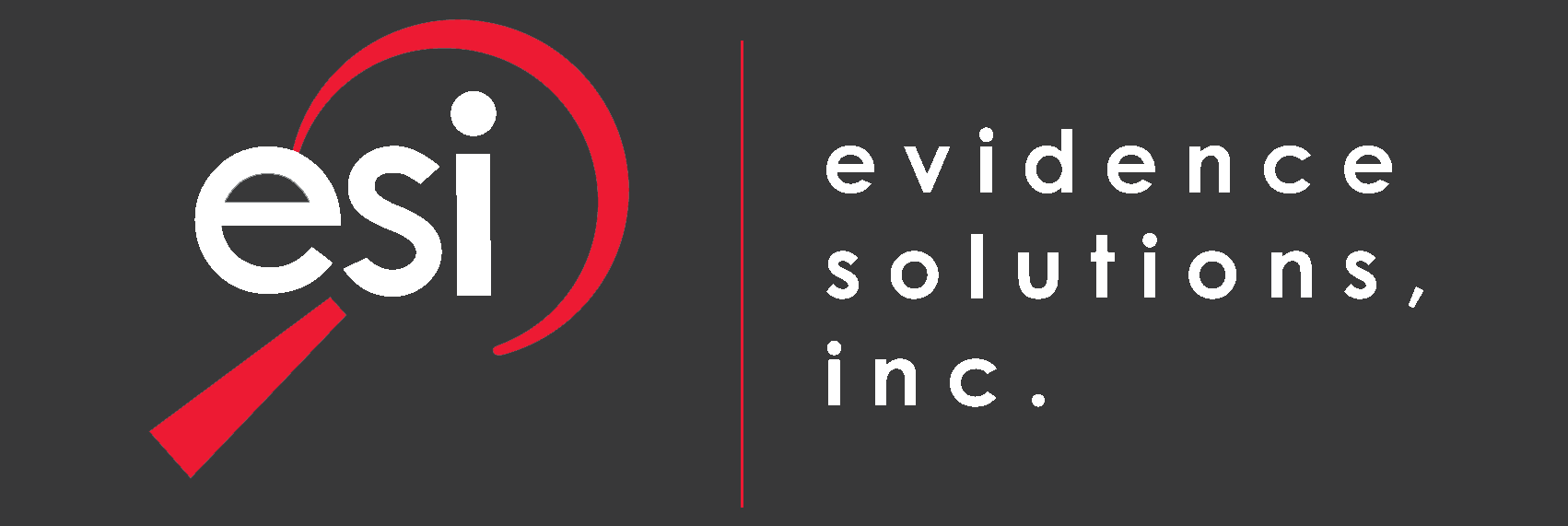Now more than ever, it is important to keep security at the forefront of our minds. With more state-sponsored attacks, along with the ease and accessibility of hacking tools, there are more concerns than ever about connecting to the internet. Some of the best tips to help protect yourself and your data are as follows.

#1: Strong Passwords Really Do Help To Prevent Attacks
No really, “password” or “password1” are really terrible choices. Dictionary words, pets name, spouses name, etc. are not ideal to be used as passwords. Two of the best things you can do to improve your passwords and their strength: use a password manager and activate two-factor authentication where available. A password manager will help you to create strong, unique passwords for all your needs. Two-factor authentication generally utilizes a random and timed six-digit code along with your password to log in somewhere. Having a strong password also prevents secondary hacking to your friends and family.
#2: A New Device Does Not Equal Safe
For a brief amount of time, Lenovo installed Superfish, a common adware, as part of their default installation. Once it was learned that it was a vulnerable piece of software, Lenovo removed it, however, the damage done is still to be calculated. Check all the software that comes pre-installed on your new computer or cell phone, and remove the ones that are suspicious. There are often several apps and programs pre-installed that you simply don’t need, so a little research can go a long way.
#3: Even The Best Software Has Vulnerabilities
All software can be vulnerable. No matter what they say, no matter what studies are behind them, no matter the security team, there will be problems with security. This doesn’t mean that all software is unsafe, but do be aware that anything can happen. Security is an art, not a science. It is fluid and changes on a daily, even hourly basis. Always update programs, keep your system secure.
#4: Make Sure Websites And Apps Use HTTPS
Secure Hypertext Transfer Protocol (HTTPS) is a secure way to let websites transfer information over the internet. More and more websites are going to this new security protocol, however, there are many out there that still don’t use it for one reason or another. If you find a website that doesn’t use HTTPS, let them know that they should consider moving to the new protocol.
#5: The Cloud Is Not Foolproof Or Safe
Imagine this: you put all of your sensitive and personal documents in a box, along with a bunch of other people's sensitive and personal documents, and then you send it to an offsite location where someone you’ve never met will look after it for you. Sound like a plan? Didn’t think so. For storing things that are not sensitive and personal, absolutely, the cloud is a good option. For something that requires a little more security, it might be time to consider a little more secure options. Local hard drives are always best. For more security, use a local hard drive and put it in a safe or a deposit box at your bank.
